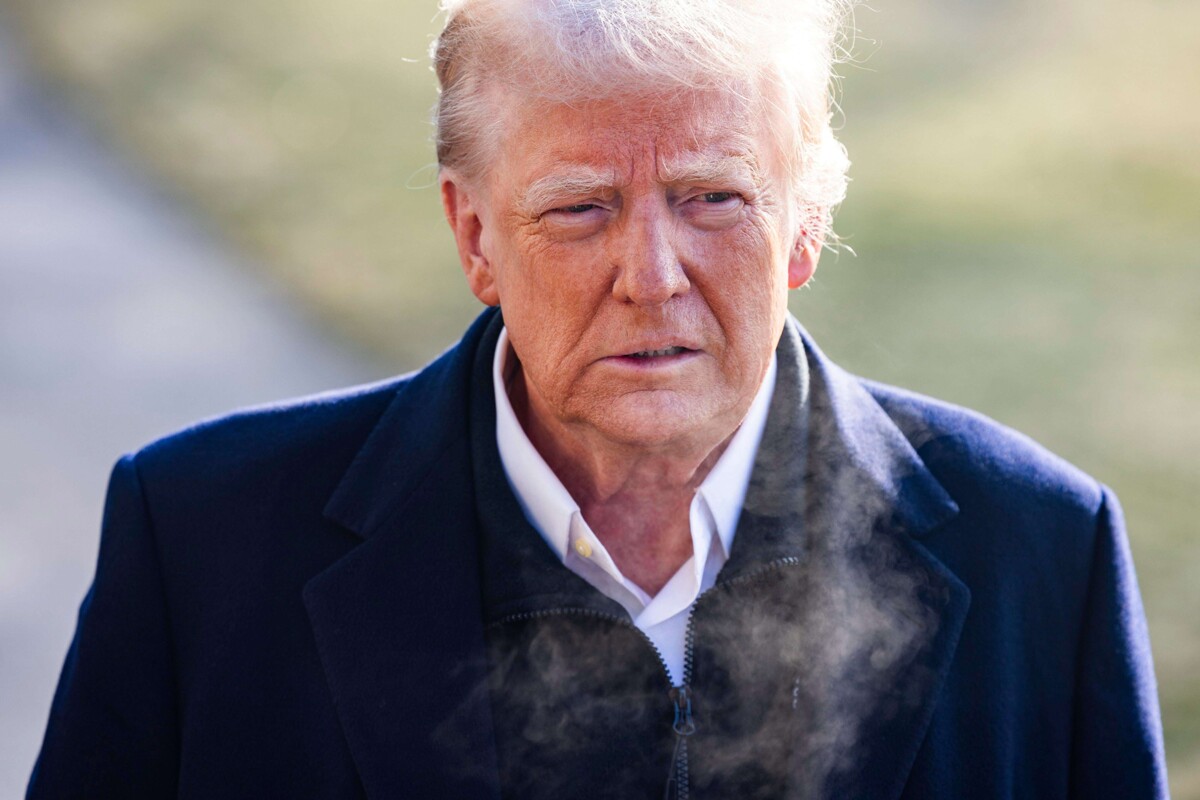
President Donald Trump has issued a series of executive orders that will significantly affect immigration and security policy in the United States and Mexico. Among the measures taken is the order to "seal the borders" to combat the flow of illicit drugs, human trafficking, and crime associated with illegal crossings.
One of the most controversial decisions is the reactivation of the "Remain in Mexico" program, which requires asylum seekers to wait on Mexican territory while their cases are evaluated by an immigration judge. There is a possibility that Mexico will receive support to reduce the influence of criminal organizations in the region.
One of the uncertainties that arise is what will happen to deported nationals and how Mexican authorities will respond to the new president's push on high-priority issues such as security and immigration. Although it is assured that the Mexican government will not yield to Trump's pressures, it is essential to remain alert to the decisions made and their potential impact on Mexican society.
On the other hand, Trump has ordered the blocking of funds to cities considered "sanctuaries" and has eliminated a program that allowed certain migrants to enter by air. Additionally, he has initiated a process to consider drug cartels as "foreign terrorist organizations," which would change the way they are legally and financially combated.
These measures, along with the declaration of a "national emergency" at the border with Mexico, have raised concerns and questions about the impact they will have on relations between the two countries. It is important to evaluate the potential consequences of these decisions and to be alert to the changes that may arise in the region due to the new immigration and security policy implemented by Trump.












